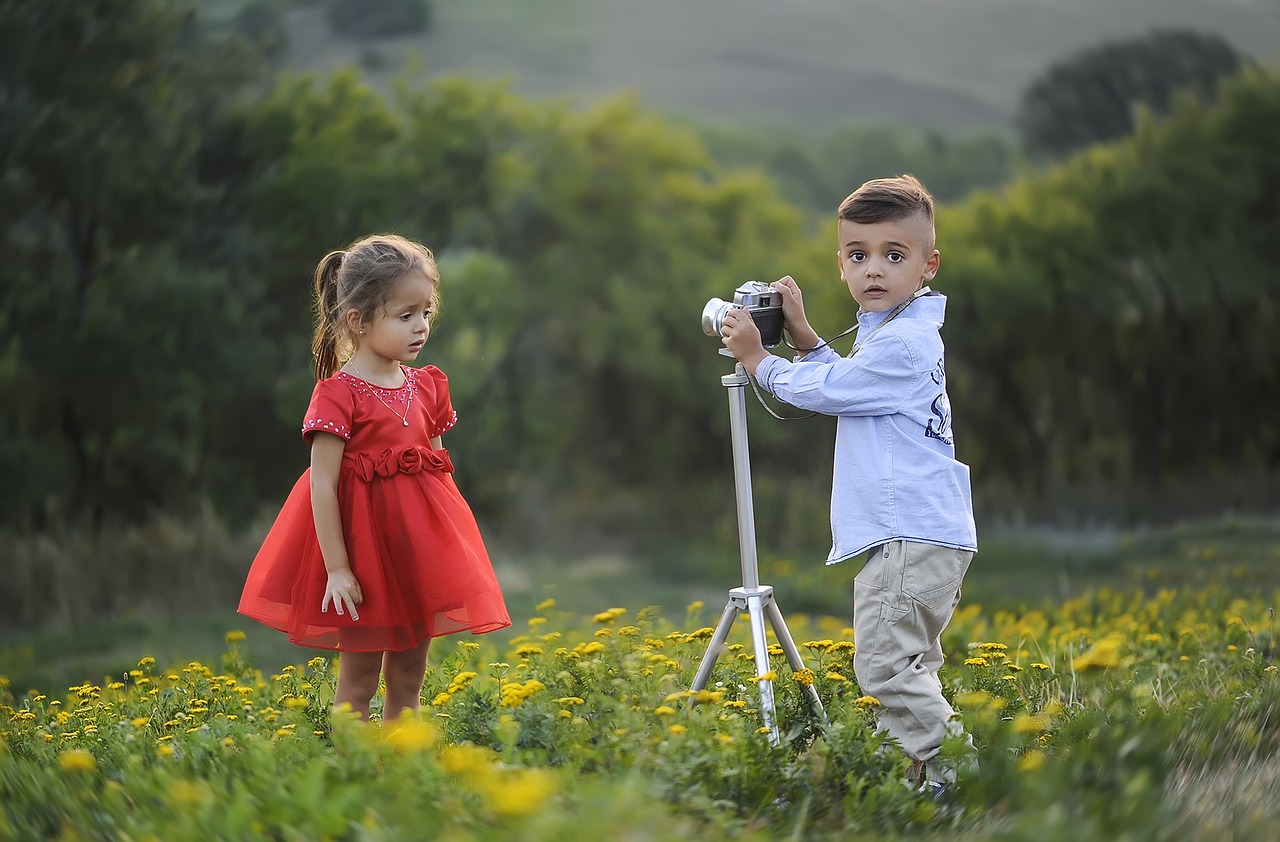Children with older brothers have, on average, a somewhat slower linguistic development, found French scientists associated with the National Center for Scientific Research (CNRS).
Children’s language has been studied for many years, and most of the research to date on the subject shows that cadets perform poorly in language skills than their elders.
Researchers Naomi Havron and her colleagues point out that only big brothers affect the language skills of their cadets.
Children who have a big sister have the same development as children without seniors.
Intuitively, it is tempting to think that a child with a senior sibling will grow up in a stimulating linguistic environment and develop language skills faster than the first born in the family.
The authors of the study
But studies show the opposite. The acquisition of language in a sibling is slower than in a child with no older brother.
In the present work, more than 1000 children were followed from birth until they were five and a half years old.
Their language skills were assessed at 2, 3 and 5 and a half years by tests measuring several aspects of language, including:
- the vocabulary;
- the syntax;
- verbal reasoning.
The results show that children with older siblings are, on average, two months behind their language development compared to other children with a big sister.
Why? Nothing is certain for the moment, but two hypotheses are advanced to explain this delay.
- The first is that older sisters speak more to their younger siblings than brothers, which would compensate for the reduced availability of parents.
- The second: older sisters argue less for parental attention than older brothers.
If the present works highlight that the development of the early language of the younger brother tends to be slowed when the elder is a boy, they do not allow to separate these two explanations. More studies need to be done to get there.
The authors, whose work is published in the journal Psychological Science , also want to examine the impact of culture – especially geographical origin – on these results.
Last year, researchers determined that the crying tone of a three-month-old baby gives a very good idea of how loud the child’s voice is at age five.










Leave a Reply